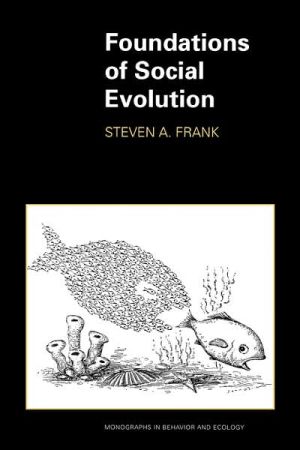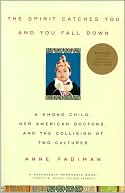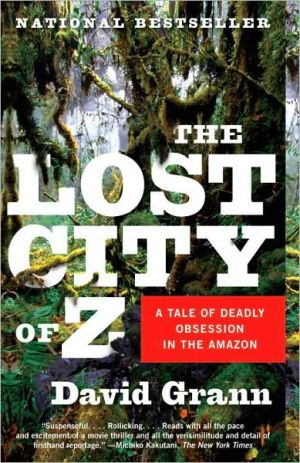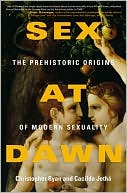Foundations of Social Evolution:
This is a masterly theoretical treatment of one of the central problems in evolutionary biology, the evolution of social cooperation and conflict. Steven Frank tackles the problem with a highly original combination of approaches: game theory, classical models of natural selection, quantitative genetics, and kin selection. He unites these with the best of economic thought: a clear theory of model formation and comparative statics, the development of simple methods for analyzing complex...
Search in google:
This is a masterly theoretical treatment of one of the central problems in evolutionary biology, the evolution of social cooperation and conflict. Steven Frank tackles the problem with a highly original combination of approaches: game theory, classical models of natural selection, quantitative genetics, and kin selection. He unites these with the best of economic thought: a clear theory of model formation and comparative statics, the development of simple methods for analyzing complex problems, and notions of information and rationality. Using this unique, multidisciplinary approach, Frank makes major advances in understanding the foundations of social evolution.Frank begins by developing the three measures of value used in biology--marginal value, reproductive value, and kin selection. He then combines these measures into a coherent framework, providing the first unified analysis of social evolution in its full ecological and demographic context. Frank also extends the theory of kin selection by showing that relatedness has two distinct meanings. The first is a measure of information about social partners, with close affinity to theories of correlated equilibrium and Bayesian rationality in economic game theory. The second is a measure of the fidelity by which characters are transmitted to future generations--an extended notion of heritability.Throughout, Frank illustrates his methods with many examples, including a complete reformulation of the theory of sex allocation. The book also provides a unique "how-to" guide for constructing models of social behavior. It is essential reading for evolutionary biologists and for economists, mathematicians, and others interested innatural selection.
Preface1Introduction32Natural Selection73Hamilton's Rule454Direct and Inclusive Fitness595Dynamics of Correlated Phenotypes796Relatedness as Information947Demography and Kin Selection1148Reproductive Value1349Sex Allocation: Marginal Value17210Sex Allocation: Kin Selection19111Sex Allocation: Reproductive Value21412Conclusions243References249Author Index261Subject Index264








